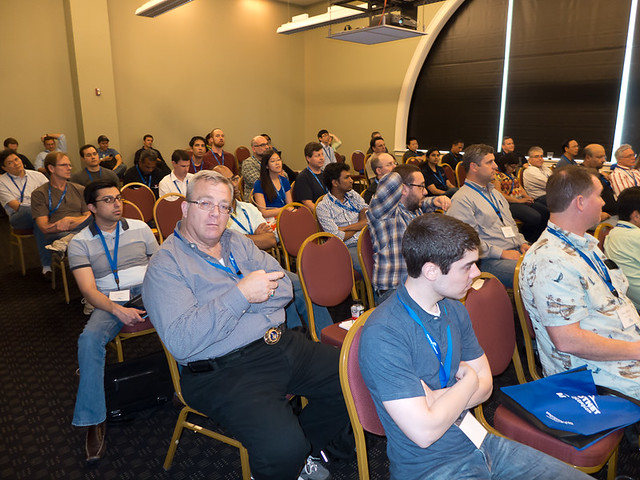“The more you know,
the more you realize you know nothing.”
– Socrates
There is a big push on young engineers (and colleges that educate them) to build up a wide variety of popular, currently in-demand skills. More popular technologies, common platforms, more courses and projects give students a better chance to hit every bullet point in job recs. It is favorably considered by recruiters and looks extremely attractive to hiring managers who think they are getting a well-rounded engineer at a recent-graduate salary. In addition, it sounds impressive in casual conversations with peers and professionals alike.
Unfortunately, breadth often comes at the expense of depth. Mastering depth of understanding fundamentals, theories and concepts that are the foundation of modern technologies takes time, effort and dedication to learning. It also takes a lot of effort to learn to work in technologies that give developer more direct access to underlying systems, and data structures. It takes passion and drive to gain an understanding of how to use any technology well, and to set high standards for one's work.
Those with deeper understanding, and the curiosity to gain that understanding, go on to become better software engineers and architects. While not immediately required by a job rec, knowledge of the underlying concepts is regularly needed to solve tough technical challenges in real life. Familiarity with more difficult concepts and technologies makes it easier to learn the popular and simpler ideas that change many times throughout one's career. It is well-established that ability to learn, to think critically and creatively is trained by pushing the mind out of its comfort zone, studying hard, understanding rather than memorizing.
Those with deeper understanding, and the curiosity to gain that understanding, go on to become better software engineers and architects. While not immediately required by a job rec, knowledge of the underlying concepts is regularly needed to solve tough technical challenges in real life. Familiarity with more difficult concepts and technologies makes it easier to learn the popular and simpler ideas that change many times throughout one's career. It is well-established that ability to learn, to think critically and creatively is trained by pushing the mind out of its comfort zone, studying hard, understanding rather than memorizing.
Popular technologies and skills that are “hot” in the jobs market are designed to be easy to acquire, and to solve a narrow set of common business problems, with the trade off that these technologies may not be well-suited to a wider range of applications. These skills are easy to learn and apply. The difference comes in the speed of learning, the quality of outcomes, and the critical thinking that better engineers bring to the job, together with the technical skills. In a competitive marketplace, those who went through the trouble of gaining the deeper knowledge of computer science fundamentals, software construction, and code craftsmanship will fare better.


No comments:
Post a Comment